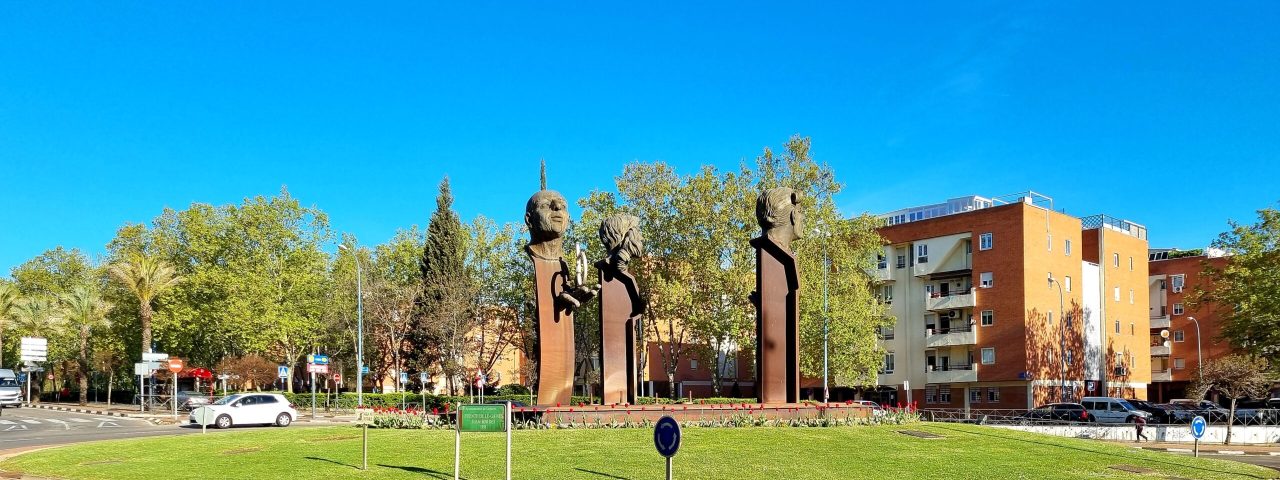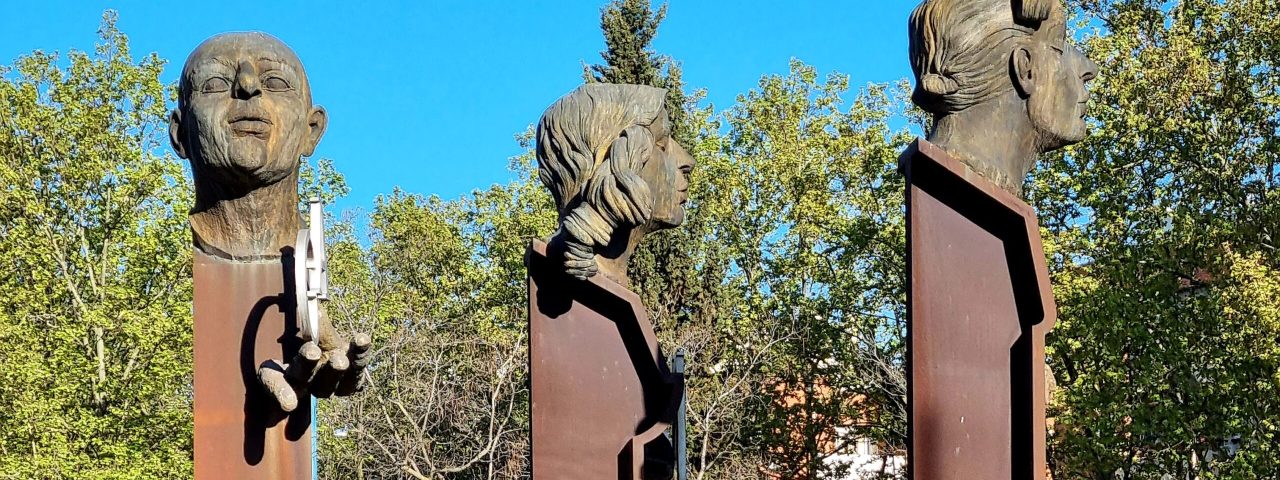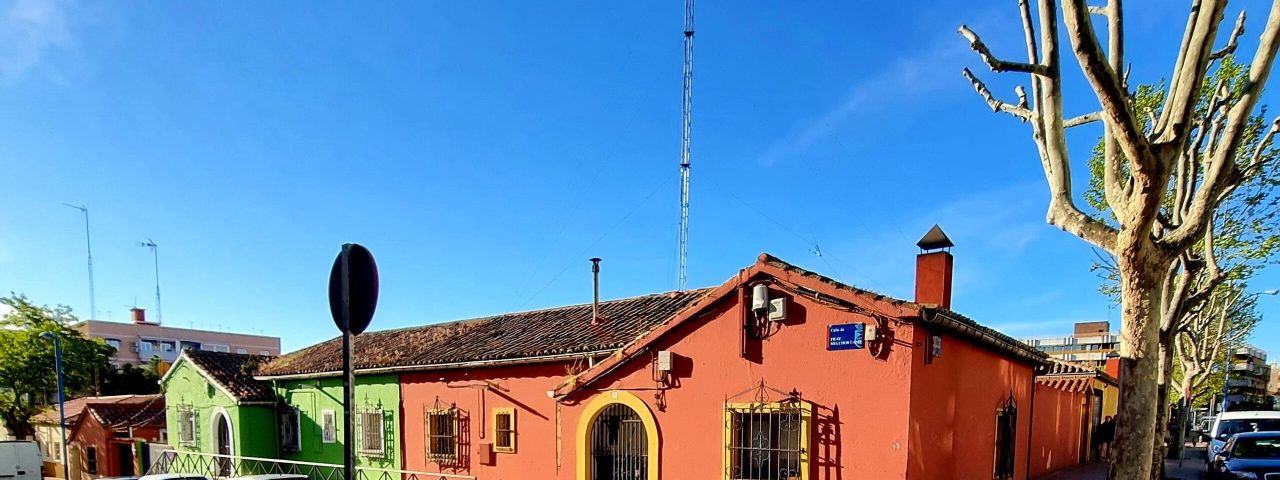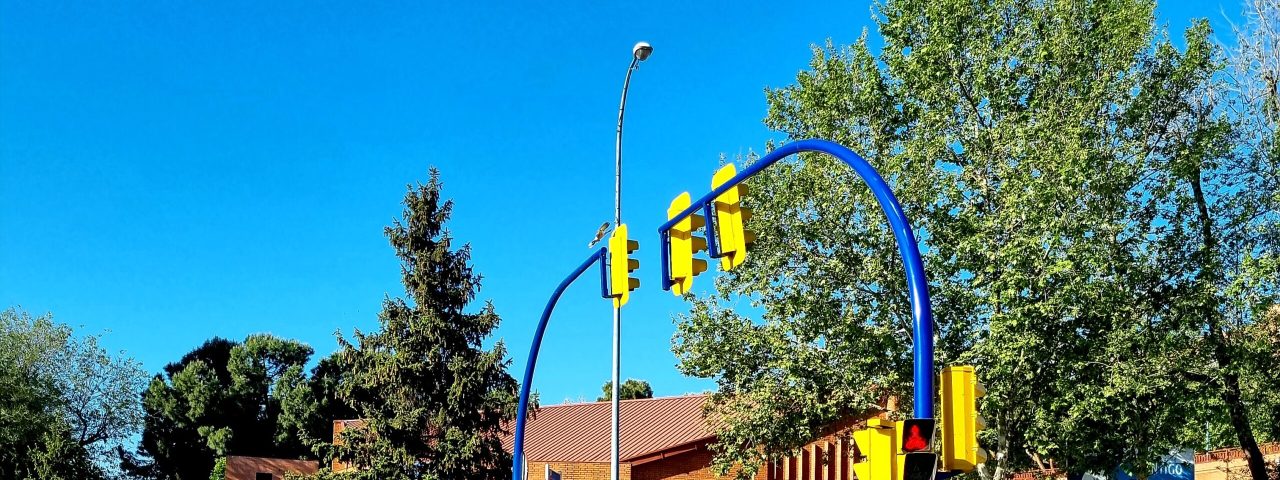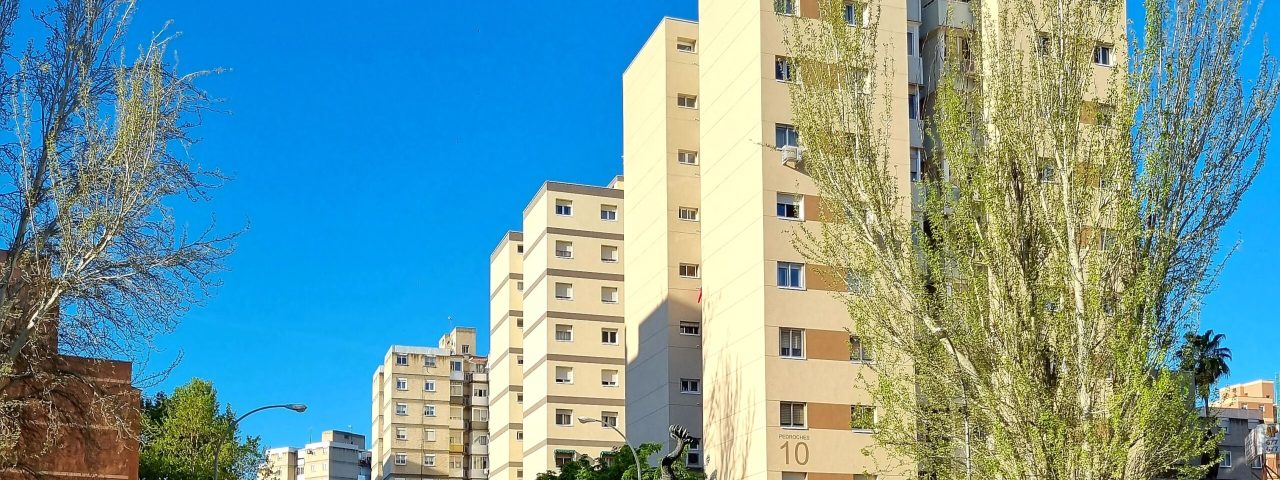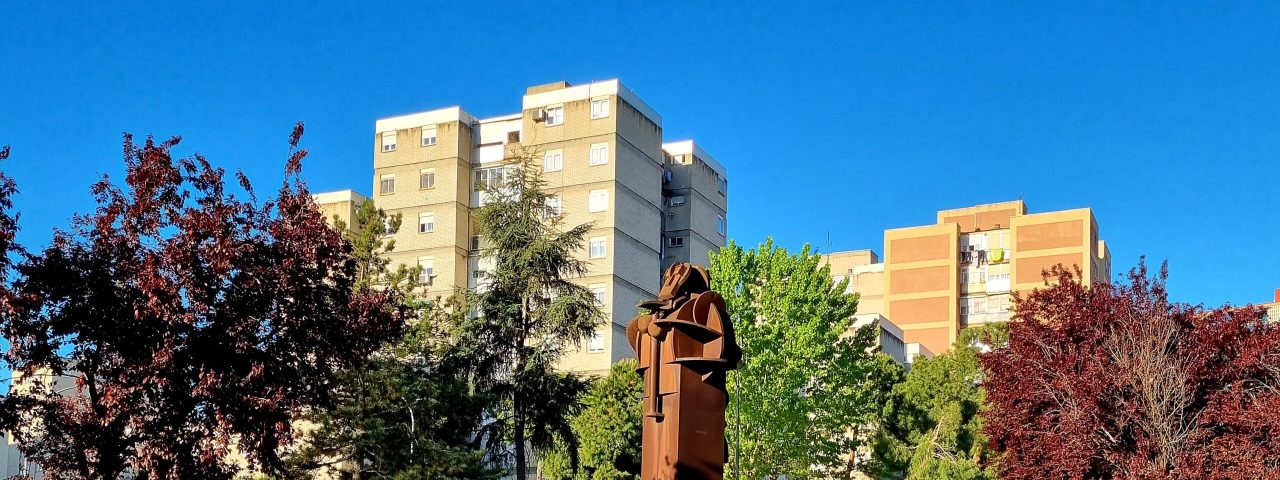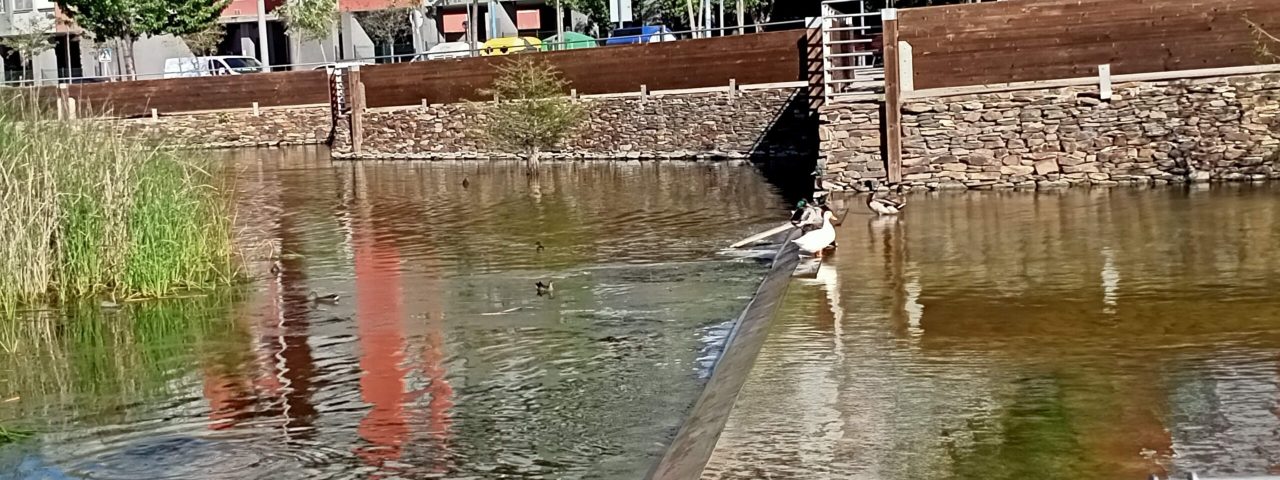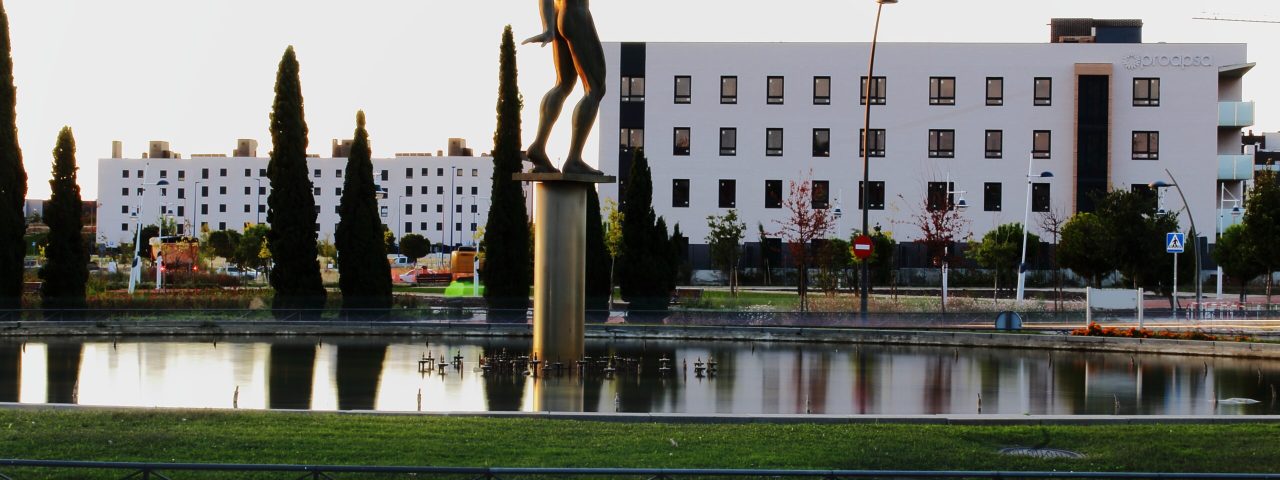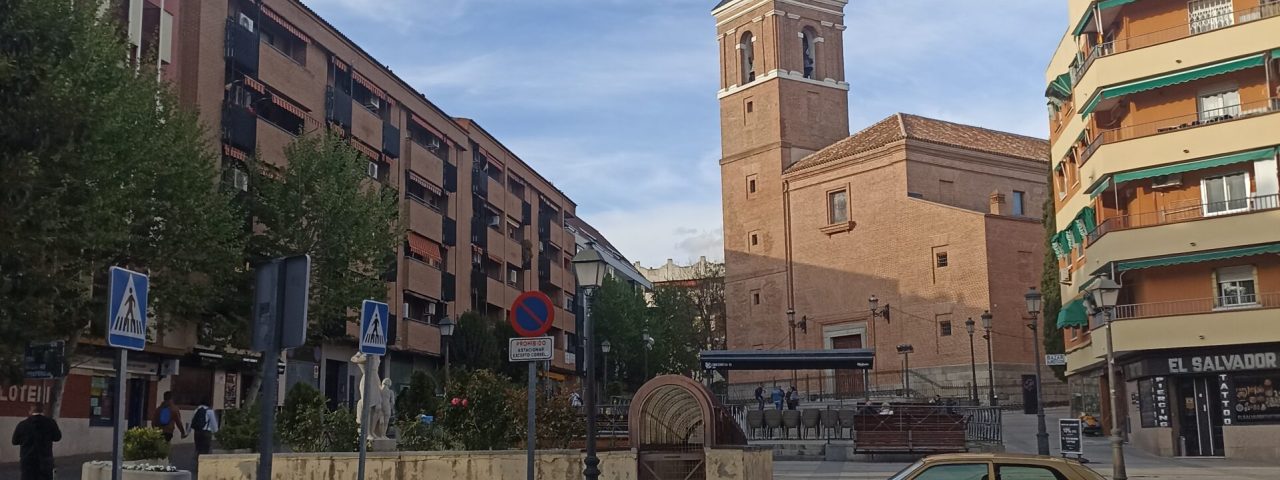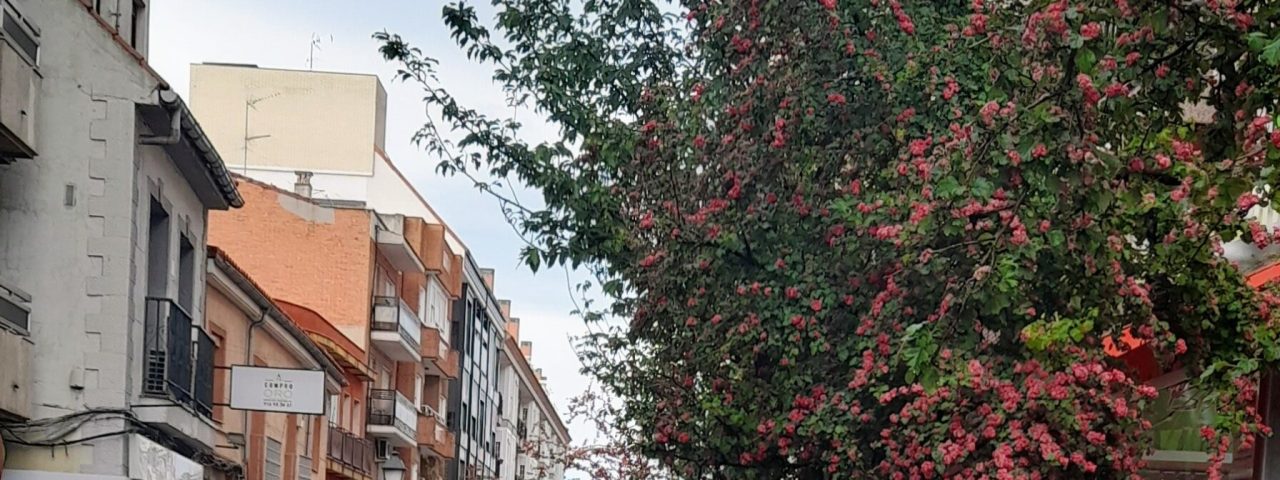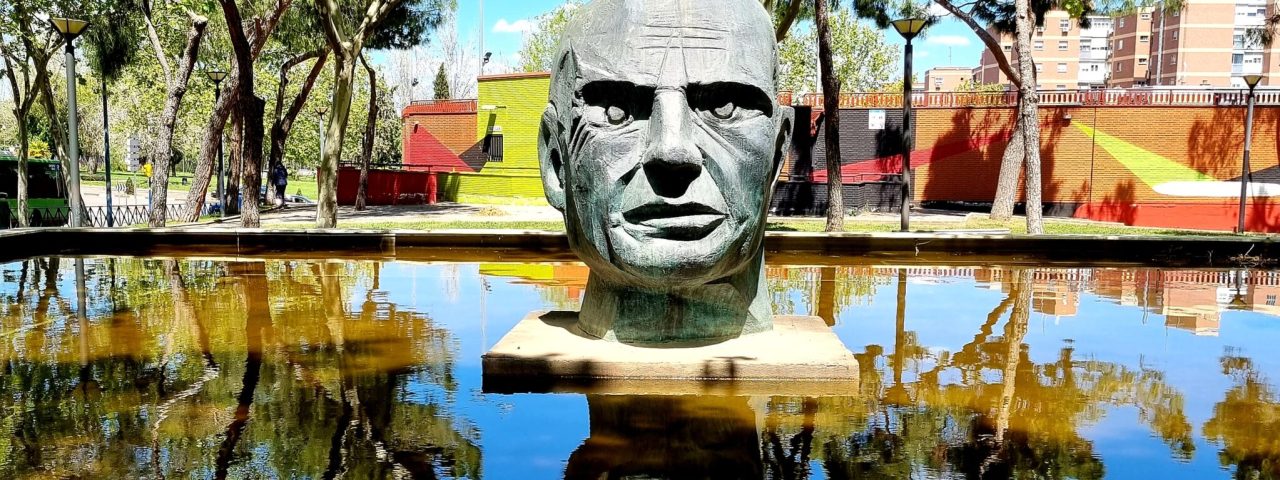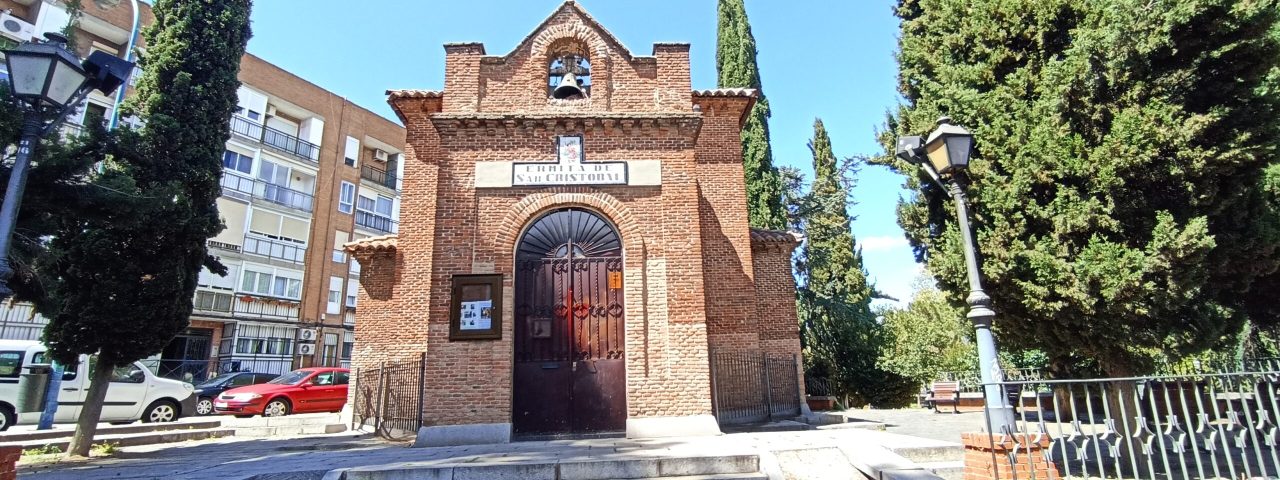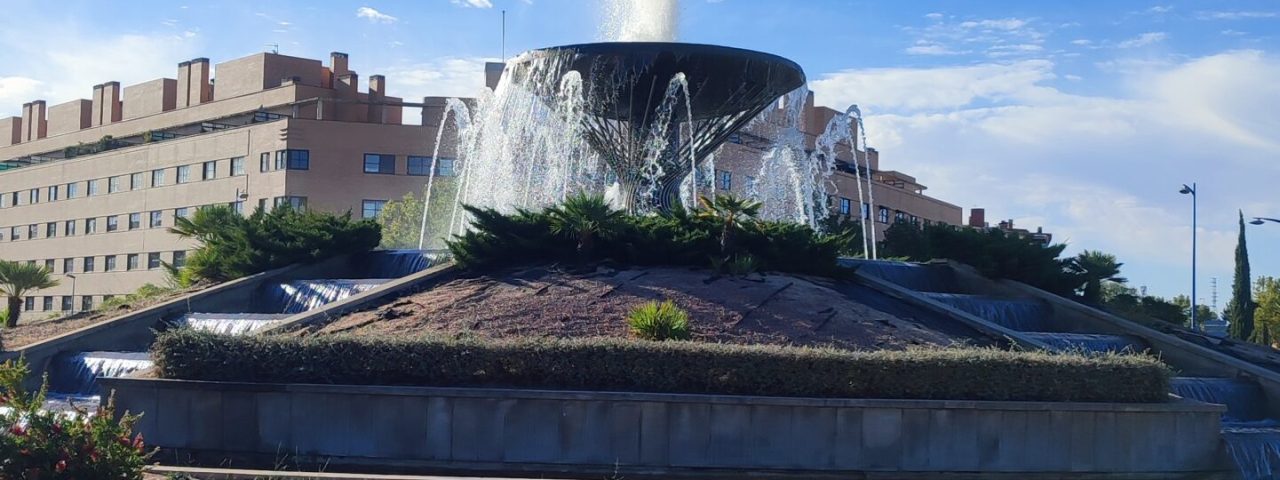Leganés has a rich history dating back to the early Middle Ages. It originally developed as an agricultural village, but its strategic location near Madrid spurred growth and urbanization, particularly in the 20th century. Although the city has been influenced by various cultures over the centuries, including Roman and Moorish civilizations, its development accelerated during Spain’s industrial boom in the 20th century, which transformed Leganés into a suburban extension of Madrid.
Culturally, Leganés is known for its commitment to preserving local traditions while embracing modernity. The city celebrates several important festivals throughout the year, the most notable being the Fiestas de Nuestra Señora de Butarque in August, which honors the city’s patron saint. The festival includes parades, concerts, religious processions, and fireworks, drawing large crowds from neighboring cities and towns. Additionally, local customs and traditions like Flamenco performances, folk music, and regional dances are celebrated throughout the year, particularly during cultural festivals.
One of Leganés’ cultural landmarks is the Church of San Salvador, which dates back to the 16th century and stands as a symbol of the city’s religious and architectural heritage. The city’s focus on arts and culture can also be seen in its numerous theaters, art galleries, and cultural centers, including the renowned José Monleón Theatre, which regularly hosts plays, concerts, and other cultural events.
